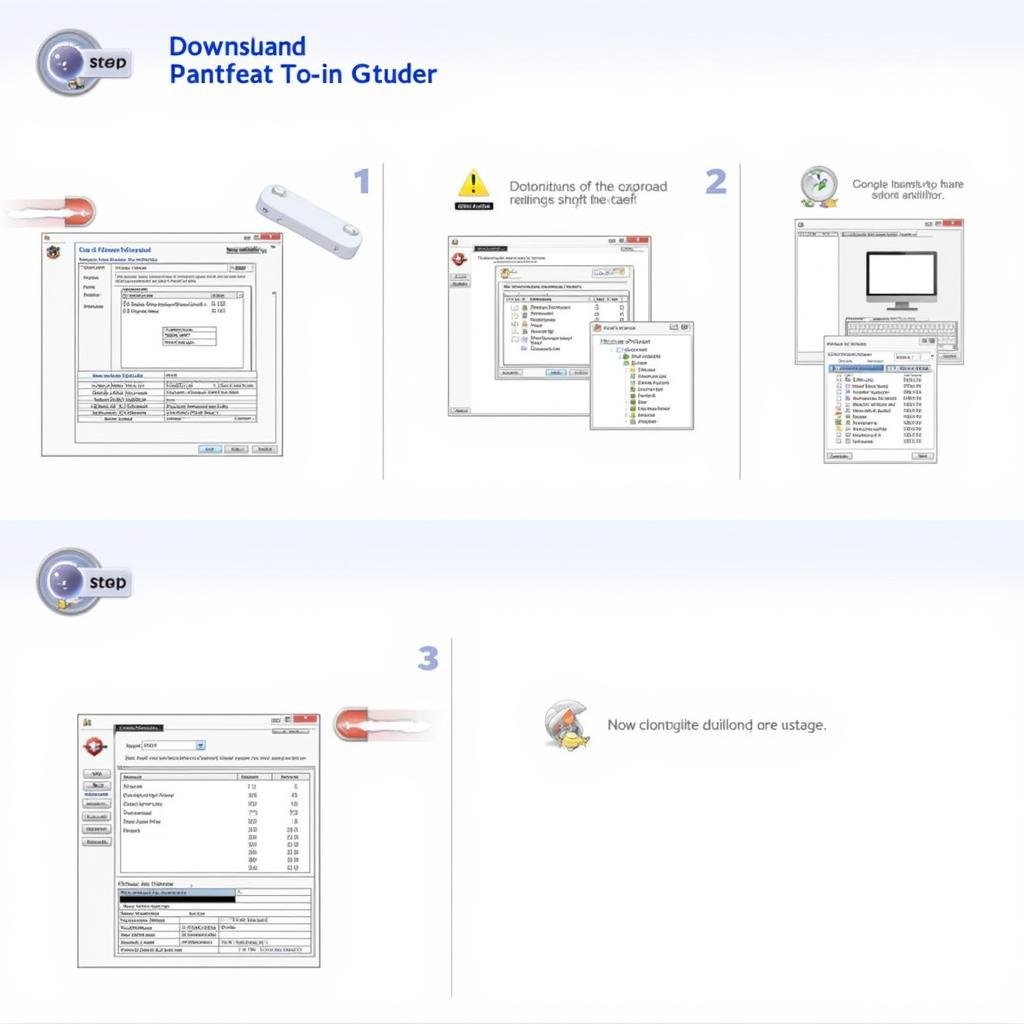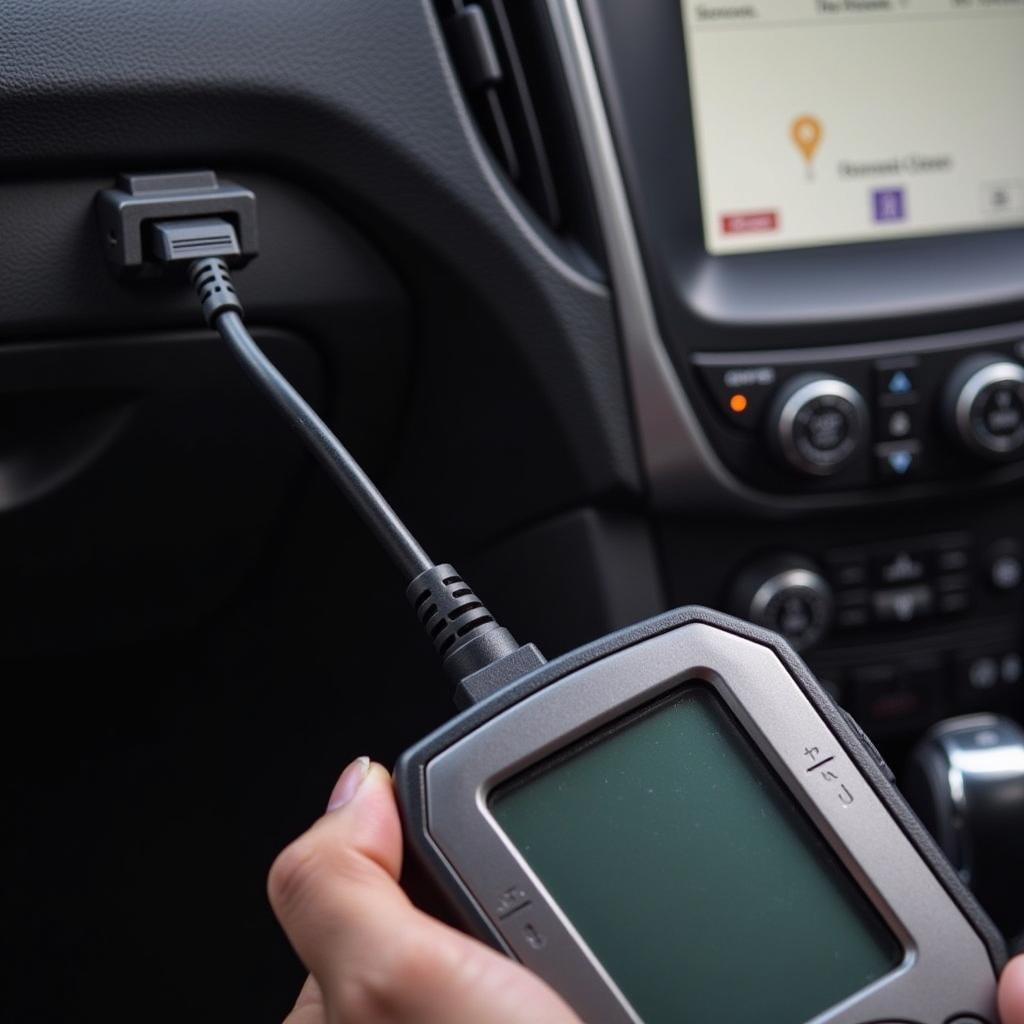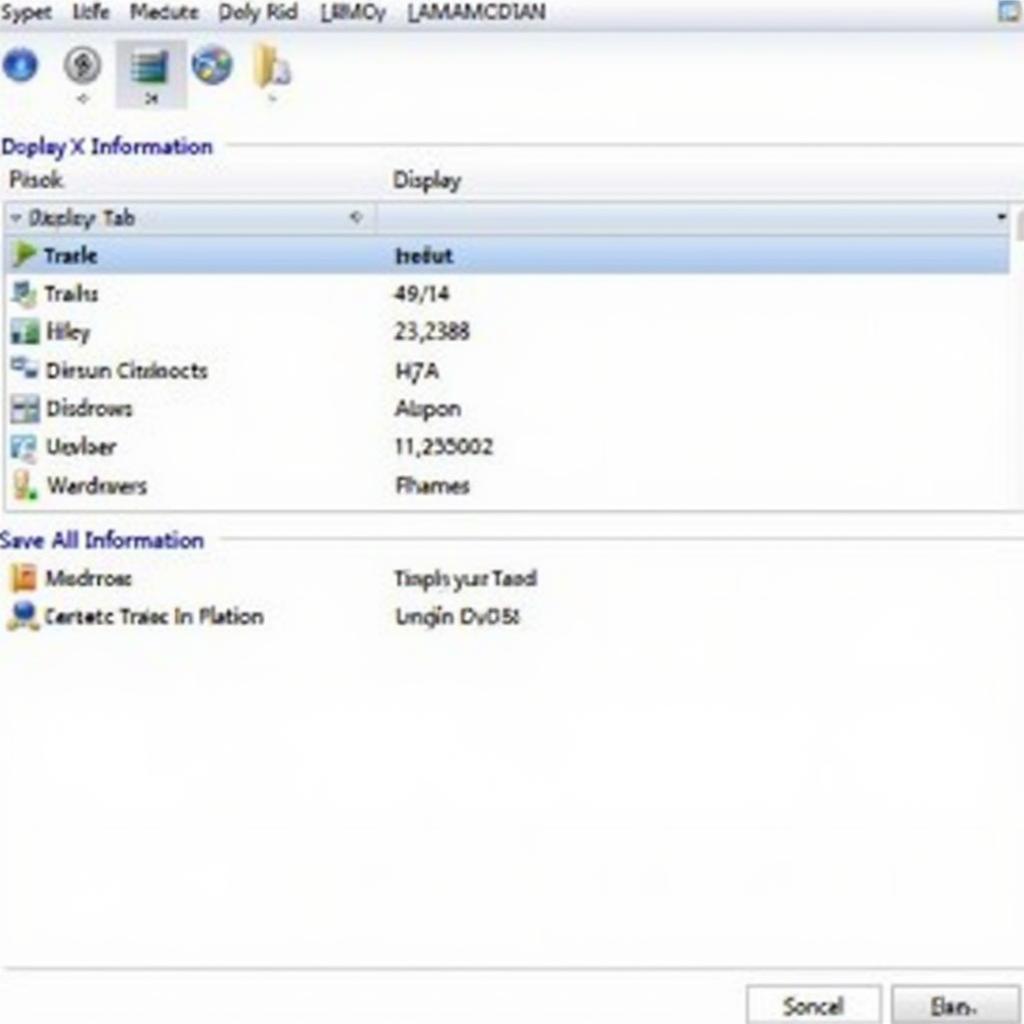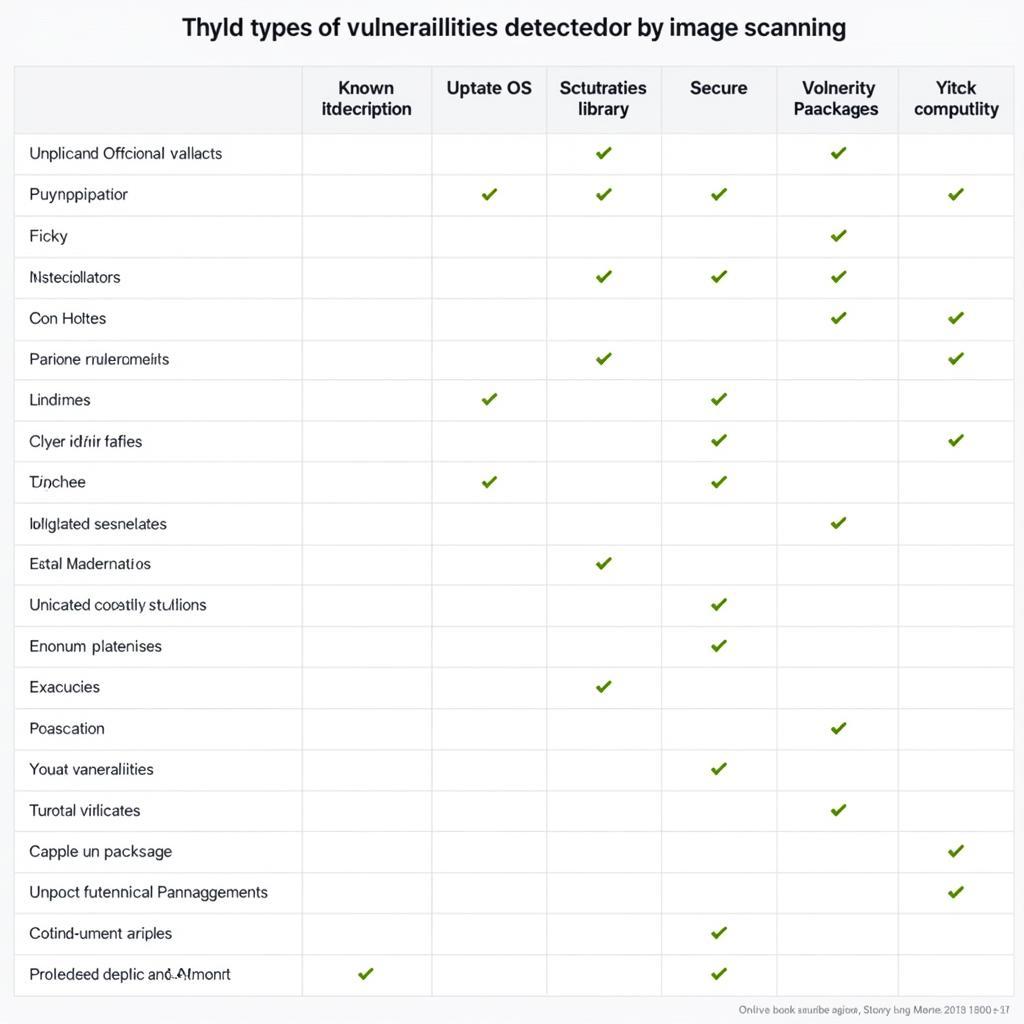A diagnostic scan tool is an essential tool for any mechanic or car enthusiast who wants to diagnose and repair modern gas and diesel vehicles. With the increasing complexity of vehicles today, a Diagnostic Scan Tool For Gas And Diesel engines can help you quickly identify problems, saving you time and money on repairs.
Understanding Diagnostic Scan Tools for Gas and Diesel Engines
Diagnostic scan tools, also known as OBD2 scanners, are devices that connect to your vehicle’s onboard computer system through the OBD-II port. This port is typically located under the dashboard on the driver’s side. The scan tool communicates with the car’s computer, retrieving Diagnostic Trouble Codes (DTCs), which are stored codes that indicate a specific problem within a vehicle’s system.
Why Do You Need a Diagnostic Scan Tool?
For gas and diesel vehicles, a diagnostic scan tool can be used for a multitude of tasks, such as:
- Reading and Clearing Diagnostic Trouble Codes (DTCs): A scan tool can read both generic and manufacturer-specific codes, giving you a detailed understanding of the issue.
- Live Data Stream: Monitoring live data from various sensors allows you to observe engine parameters like RPM, temperature, fuel pressure, and more, in real-time.
- Component Activation: This feature enables you to test individual components, like injectors or solenoids, to pinpoint the root cause of a problem.
- Resetting Service Lights: After completing repairs, a scan tool can reset the check engine light and other service reminders.
- ECU Programming and Configuration: Some advanced scan tools allow for programming and configuration of Electronic Control Units (ECUs), which is particularly beneficial for diesel trucks.
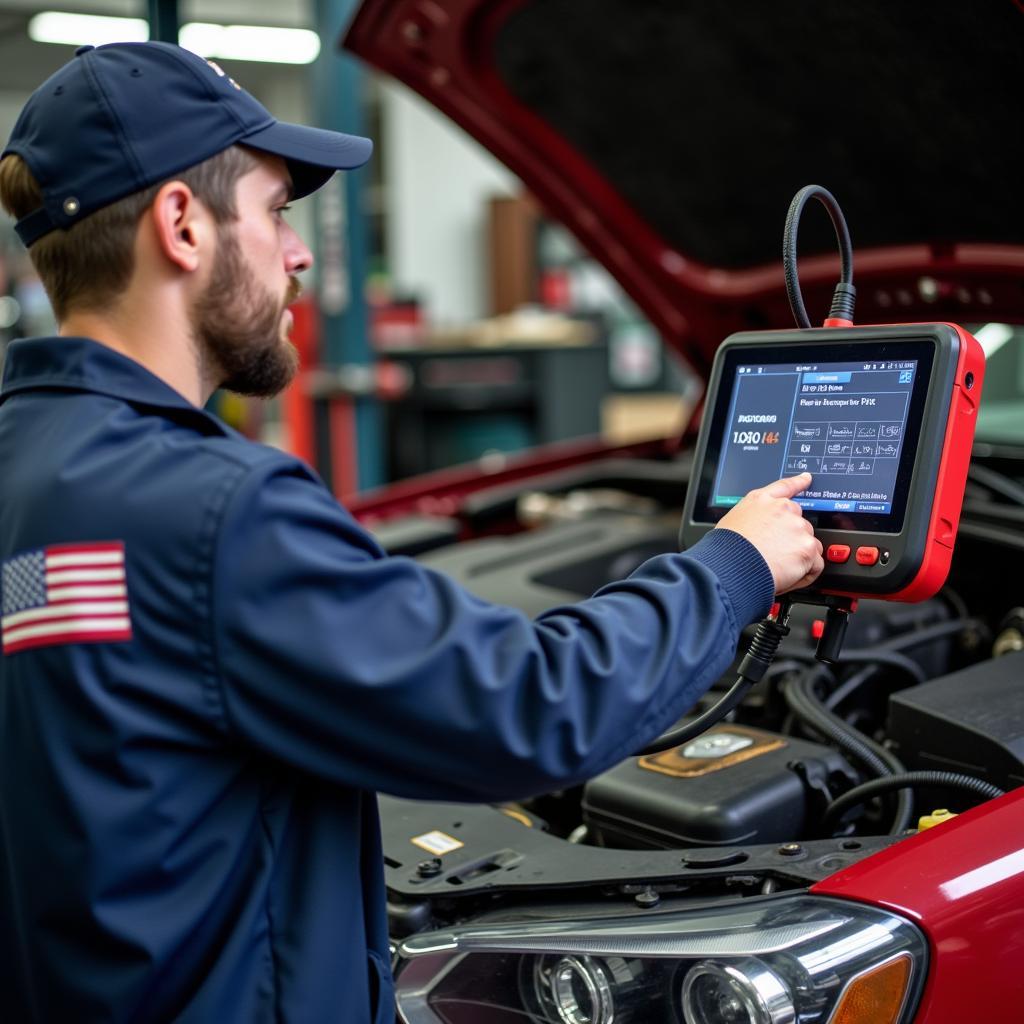 Mechanic using a diagnostic scan tool to troubleshoot a car engine problem.
Mechanic using a diagnostic scan tool to troubleshoot a car engine problem.
Types of Diagnostic Scan Tools
There is a wide variety of diagnostic scan tools available, catering to different needs and budgets.
-
Basic Code Readers: These entry-level tools primarily read and clear basic DTCs. They are ideal for car owners who want to understand the check engine light and perform simple diagnostics.
-
Professional-Grade Scan Tools: Used by mechanics and experienced DIYers, these tools offer comprehensive functionality, including live data streaming, component activation, and advanced coding capabilities. The pro-link edge heavy-duty diagnostic scan tool is a great example of professional grade scan tools.
-
Specialized Scan Tools: Designed for specific vehicle makes or models, these tools provide in-depth diagnostic capabilities and access to proprietary systems. For instance, if you own a 6.0 Powerstroke engine, a diagnostic tool for 6.0 powerstroke can offer specialized functions tailored to this engine type.
Choosing the Right Diagnostic Scan Tool for Gas and Diesel
With so many options, finding the best diagnostic scan tool for your needs requires considering a few key factors.
-
Vehicle Compatibility: Ensure the scan tool supports the make, model, and year of your vehicle, especially if you have a diesel truck.
-
Functionality: Determine the features that are essential for your needs, whether it’s basic code reading, live data, or advanced functions.
-
User Friendliness: Choose a scan tool with an intuitive interface, clear navigation, and easy-to-understand data presentation.
-
Budget: Set a budget beforehand and explore options within that range. Remember that more advanced features come at a higher cost.
-
Updates: Software updates are crucial for maintaining compatibility with newer vehicles and accessing the latest features.
Tips for Using a Diagnostic Scan Tool
- Consult the User Manual: Always refer to your scan tool’s user manual for specific instructions and safety precautions.
- Understand the Codes: Use a reliable source, like a repair manual or online database, to decipher the meaning of retrieved DTCs.
- Analyze Live Data Carefully: Pay attention to sensor readings and compare them to manufacturer specifications to identify abnormalities.
- Proceed with Caution: When using advanced functions like component activation, be mindful of potential risks and follow proper procedures.
Common Questions about Diagnostic Scan Tools
Here are some frequently asked questions about diagnostic scan tools.
Q: Can I use a gas engine scan tool on a diesel engine?
A: While some basic scanners might work on both, it’s recommended to use a scan tool specifically designed for diesel engines, especially for comprehensive diagnostics and advanced functions.
Q: How often should I use a diagnostic scan tool?
A: It’s a good practice to scan your vehicle for codes periodically, even if there are no apparent issues. This can help detect problems early on.
Q: Can a scan tool fix my car problems?
A: Scan tools primarily diagnose problems. While they can help identify the root cause, the actual repair work requires mechanical expertise and appropriate tools.
Q: Are expensive scan tools always better?
A: Not necessarily. The best scan tool depends on your specific needs and budget. A basic scanner might suffice for home use, while a professional mechanic would need a more advanced tool.
Q: Can you recommend a good diagnostic scan tool?
A: For professional-grade performance, the Bosch diagnostic scan tool 1050 receives excellent reviews. For something more budget-friendly, the HyperTough HT309 OBD2 scan diagnostic tool code reader is a great option.
Conclusion
A diagnostic scan tool for gas and diesel is an invaluable tool for anyone who wants to understand and maintain their vehicles. Whether you’re a seasoned mechanic or a car enthusiast, investing in the right scan tool can save you time, money, and frustration in the long run. If you are looking for the right scan tool for your needs, consider the Nexiq truck diagnostic tool, it’s a top-rated option with many features.
For expert advice and assistance in choosing the ideal diagnostic scan tool for your needs, don’t hesitate to reach out to the professionals at CARW Workshop. Contact us at +1 (641) 206-8880 or visit our office at 4 Villa Wy, Shoshoni, Wyoming, United States. We’re here to help you keep your vehicles running smoothly!


